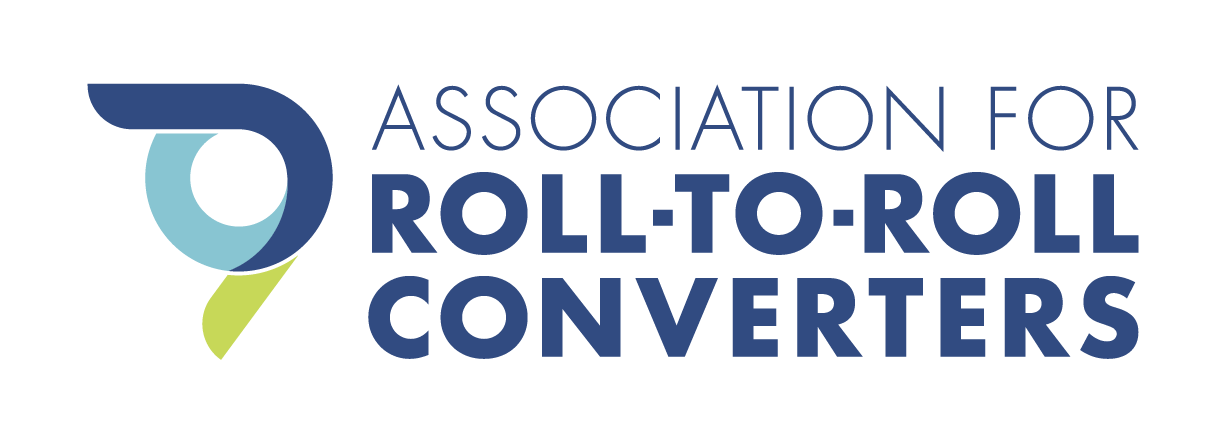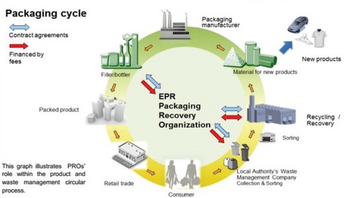PCR-PET Films – a Sustainable Alternative!
Presented by Dilip Dubey, Polyplex USA, LLC
PTA (Terephthalic acid) & MEG (Mono Ethylene Glycol) are primary raw materials (monomers), derived from petrochemicals which is a natural resource, these undergo Polymerization (glycolysis) & are converted to Polyethylene terephthalate resin (polymer) - commonly known as Polyester or PET.
Thereafter PET Resin in the form of pellets as a raw material is used to manufacture PET films widely used for packaging applications - these films are conventionally produced by Cast extrusion & biaxial orientation process.
As part of our sustainability initiative, we use an alternate process wherein PCR-PET bottle flakes derived from Bottle recycle is used as primary raw material instead. PET Flakes (polymer) is mixed with 10% of PTA & MEG in a reactor and undergoes Polymerization (glycolysis) and is converted into PCR-PET resin with 90% recycled content. This process is classified as "Tertiary recycling (3°)" per FDA industry guidance. This PCR-PET resin is then used to produce PCR-PET films which has a very low carbon footprint and saves CO2 emissions (a 90% PCR-PET film would have 50% less CO2 emissions)
This post is for paying members only
SubscribeAlready have an account? Log in

